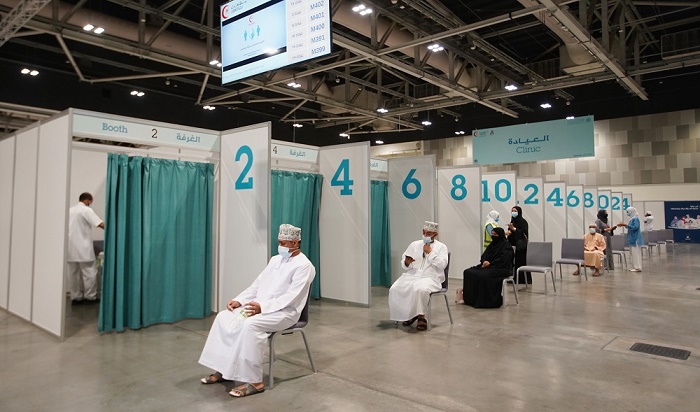
Muscat: Indicators used to measure infection rates in Oman show that COVID-19 numbers in the country are falling, according to Dr Zaid Al Hina’ai, an infectious disease consultant at Sultan Qaboos University Hospital.
“If we look at the extent of new infections, through processes such as diagnosis of new infections through nasal swabs, which takes place early when patients begin showing symptoms, then we can see that case numbers have dropped over a week,” he said.
Al Hina’ai was speaking to Shabiba FM, the radio station of Al Shabiba, the Arabic publication of the Times of Oman, when he added that it is still too early to map out whether the ongoing night movement ban has had an impact on infection numbers.
“In terms of real indicators, if there is a decrease in infection numbers, a week later, we will see a drop in hospitalisation numbers, and subsequently, a fall in the number of deaths,” he added. “This will show to us that there has indeed been a decline in the spread of the virus.”
Although patient infection rates do appear to be falling, the doctor pointed out that hospitals continue to grapple with large numbers of inpatients, the number of people admitted to intensive care is also high, and the number of new cases continues to remain a cause for concern.
Oman recorded 1,675 new infections of COVID-19 on Wednesday, July 7. This takes the number of people still sick with the disease to 28,728. A total of 280,235 people have so far tested positive for the disease, and nearly a quarter of a million people have recovered from it. Sadly, however, 3,356 people have lost their lives to COVID-19.
There are also 493 people in intensive care, out of the 1,491 people in hospital for COVID-19. 156 of them were admitted in the last 24 hours. With the Eid Al Adha holiday coming up, Dr Zaid Al Hina’ai asked people to stay safe, especially since there had been a surge in infection rates after the Eid Al Fitr holidays earlier this year.
“Please maintain precautions, avoid gatherings, wear a mask, and turn up for the vaccination when you are eligible,” he said. “We are afraid that people may meet in large numbers during Eid Al Adha. We don’t want the scenario of Eid Al Fitr repeated this time – let us stay healthy during this Eid.”
The doctor explained that to get out of the situation created by the pandemic required everyone to work together. As long as vaccination rates remain low, people are required to continue to follow COVID precautions.
“These are rather simple: stop large-scale gatherings, wear a mask, wash your hands regularly, and maintain social distancing,” he said.
“The other thing that will really help is an expedited vaccination process. I once again ask everyone to vaccinate themselves. From scientific evidence and the experiences of other countries, we can see that there is great reason for optimism in about two or three months from now.”
“However, how we act in the meantime is very important – only then will our futures be brighter,” said Al Hina’ai.